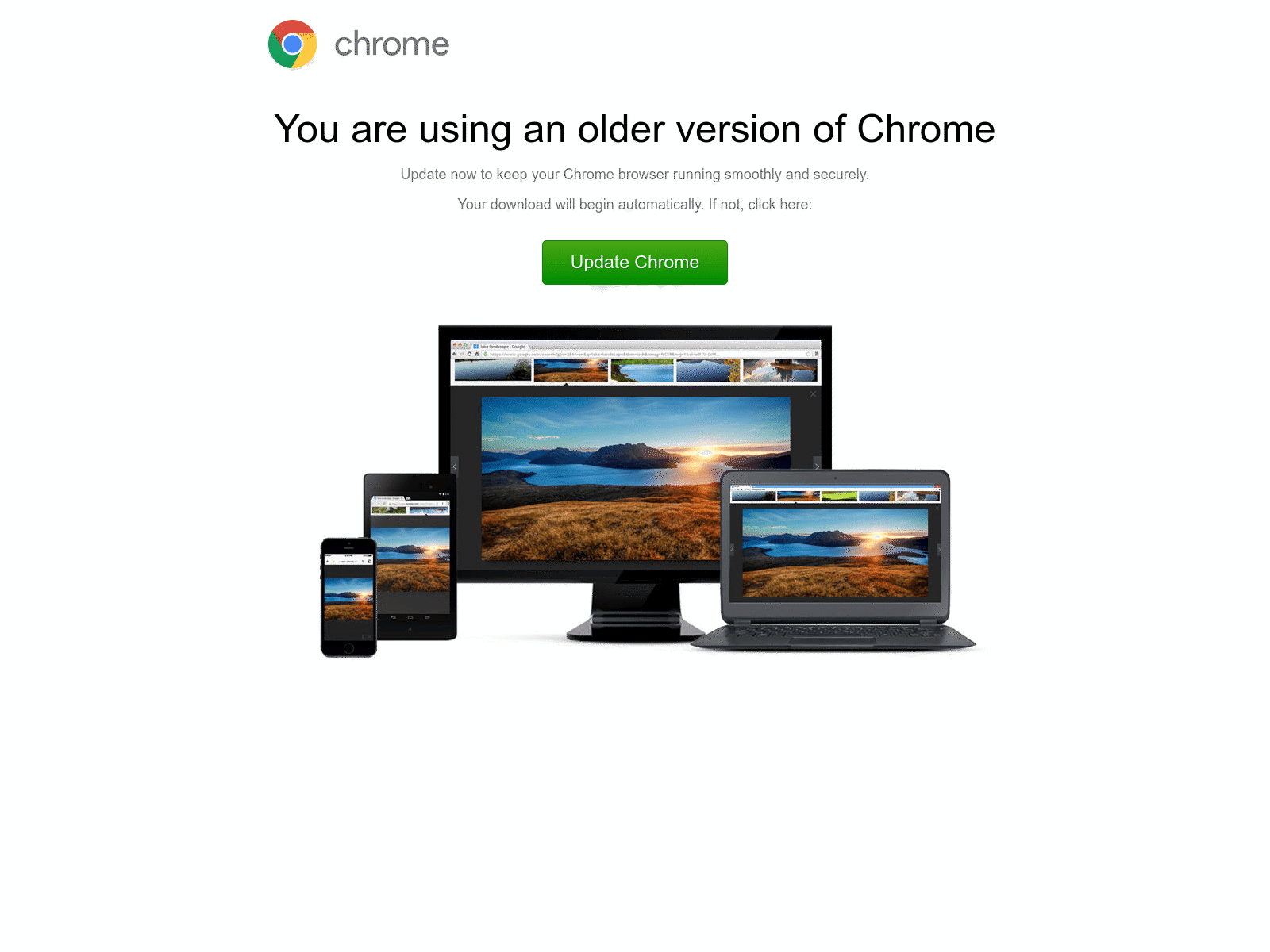
The U.S. Federal Court of Appeals has reinstated a class-action lawsuit against Google, accusing the company of collecting Chrome users’ data without their consent.
The decision overturns a December 2022 lower court ruling that had dismissed the lawsuit. The appellate court determined that the lower court should have considered whether users genuinely understood that they were consenting to data collection when using Chrome.
The lawsuit, initially filed in 2020, alleges that Google collected Chrome users’ data regardless of whether they had enabled Chrome’s sync feature. This feature stores bookmarks, passwords, open tabs, and other data in a Google account, allowing access from different devices upon signing into Chrome.
The plaintiffs contend that Chrome “knowingly and unlawfully” transmitted users’ browsing history, IP addresses, persistent cookie identifiers, and unique browser identifiers to Google without explicit user consent.
At the time, Google argued that users had consented to data collection by accepting the company’s privacy policy. The lower court agreed with this argument and, in its dismissal ruling, stated that “Google adequately disclosed the information, and the plaintiffs gave their consent to the collection of the disputed data.”
The U.S. Court of Appeals pointed out that the lower court had not considered whether users truly understood the terms of the agreement. While Google broadly stated its privacy practices, it simultaneously promoted Chrome as if the information would not be sent to Google if sync was disabled. The case will now be remanded to the lower court for reconsideration.
Google disagrees with the appellate court’s decision and remains confident that the facts of the case support the company’s position. A Google spokesperson emphasized that Chrome sync is designed to help users seamlessly use the browser across different devices and features transparent privacy settings. It was also noted that a recent change allowing access to saved information without enabling sync is unrelated to this legal dispute.


